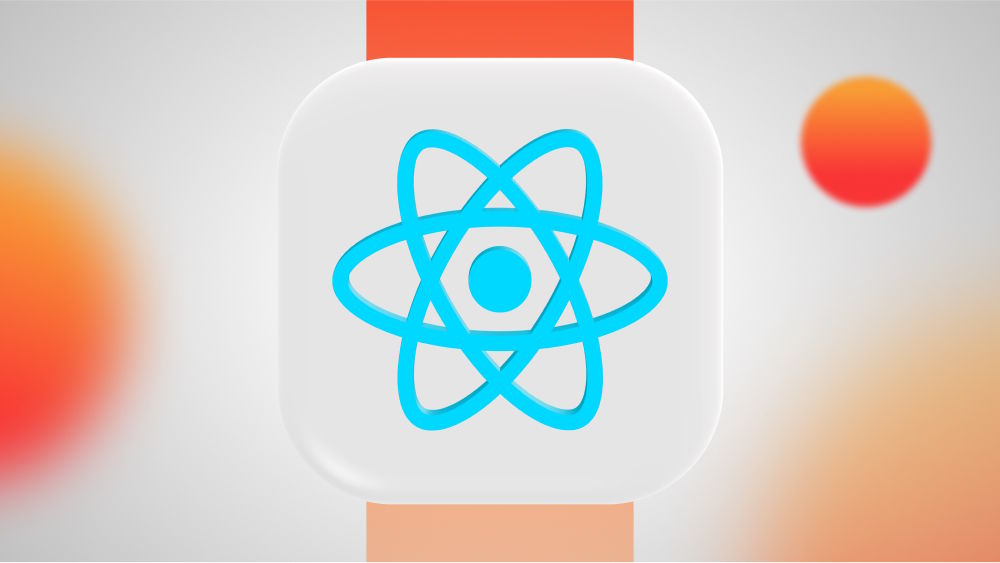
How Do You Transition to a Career as a Solution Architect?

Content Map
More chaptersWhat “solutions” do you think a solutions architect needs to think of? Do solution architects only need to work on recommending suitable technologies for software solutions? Do they need to take on any coding or code reviews? What about business-related tasks like gathering requirements or attending client meetings to provide estimations?
If you are looking to transition into a career as a solution architect and have the same questions, this article is for you. We will discuss everything from the most basic concepts to what courses you can take to become a successful solutions architect.
Key Takeaways:
- A solution architect’s main responsibilities are analyzing business requirements, technological design, implementing planning, constantly improving and innovating, supporting project management, and guiding architectural updates.
- A solid technical background with excellent analytical, project management, and communication skills are the core of becoming a successful solution architect. Certifications are tools to validate your skills and qualifications.
What Is a Solution Architect? Types of Solution Architects

Definition
As the primary driver of the organization’s technical strategy and customer engagement, solutions architects play a pivotal role in client interactions. They lead architectural design meetings, develop pilots and proofs of concept, execute projects, and ensure ongoing improvements and optimizations. This position also involves advising stakeholders and transforming business requirements into designs for reliable, scalable, and secure solutions.
Types of Solution Architects
There are several types of solution architects. Each addresses specific technical challenges within the realm of solution architecture while also playing a role in ensuring that the architecture aligns with the business objectives.
Cloud Solution Architect

A cloud architect’s role is centered on managing, implementing, and designing cloud-based solutions.
- Select the appropriate cloud platforms, e.g. Google Cloud Platform, or Amazon Web Services that meet the business requirements.
- Design the cloud architecture and ensure that the cloud infrastructure integrates seamlessly with the existing on-premise systems.
- Work on cloud architecture strategies and cloud migration plans, ensuring cloud security and compliance while optimizing the cloud services to meet performance and scalability objectives.
Data Solution Architect
Data solution architects specialize in designing and managing the data architecture.
- Design data models and databases.
- Create data integration and data migration strategies.
- Make sure that companies can gather, store and analyze data to gain business insights without any trouble while adhering to the regulations and practices, e.g. the GDPR.
Enterprise Solution Architect
An enterprise solution architect’s main role is to craft technology solutions that meet strategic goals and organizational requirements.
- Make sure that all the systems and applications work together seamlessly.
- Ensure the integration between systems, applications, and technologies to streamline business operations.
- Evaluate new technologies and their impact on the enterprise architecture.
- Developing standards and guidelines.
Infrastructure Solution Architect
Specifically focused on optimizing infrastructure solutions such as hardware, network, and data centers, infrastructure solution architects constantly look for ways to optimize the infrastructure to support business processes effectively.
- Ensure scalability, reliability, and security in implemented infrastructure solutions.
- Optimize infrastructure performances and ensure security and compliance.
- Integrate emerging technology with the infrastructure.
Security Solution Architect

Security solution architects concentrate on protecting the organization from threats and vulnerabilities.
- Design and implement security policies and controls.
- Develop architecture designs for access management, network security, data encryption, and threat response.
- Conduct security assessments and audits.
Software Solution Architect
Software solution architects are focused on ensuring that software solutions align with business goals and visions.
- Implement architecture designs that are scalable and have a strong performance
- Work on ensuring that software solutions meet the user and business needs
Solutions Architect Role and Responsibilities
Solutions architects are the bridge between technological solutions and business requirements. Their roles and responsibilities are broad and encompass both the technical aspects and business aspects of an organization.
Analyzing Business Requirements

The first step of every software development project is gathering and analyzing business requirements. Solutions architects work with project managers and business stakeholders to have a clear view of the business problems and landscape. From there, they analyze the problems and document the requirements.
Technology Solution Identification and Design
Architects work on identifying potential technology solutions and select a technology stack. They also define and design the proposed software architecture to fit the mentioned specifications. A solution prototype is then created to validate the solutions.
Establishing Solution Intent and Context
A solution architect’s role is to identify the technology-enabled business opportunities and participate in defining solution capabilities. This involves defining architectural intent, coming up with technology directions, and evaluating technology trade-offs to make strategic decisions.
Implementation Planning and Collaboration
Together with development teams, solutions architects design and plan the implementation of the chosen software solutions. Throughout the development process, solution architects set the collaboration framework and act as the technical leader during the project lifecycle.
Evaluation and Adjustment
The solution architect plays a crucial role in evaluating system architecture evaluations and current software stacks for functional and technical fit. This also includes assessing the project constraints involving time, resources, technology, and cost to find appropriate alternatives.
Furthermore, solution architects need to monitor the development process, e.g., non-functional requirements regarding security, performance, or reliability, and make timely adjustments.
Stakeholder Communication and Documentation

As the bridge between business and technical realms, the architect needs to regularly communicate project details to partners, stakeholders, and customers while documenting and sharing best practices for new solutions.
Continuous Improvement and Innovation
A good solution architect advocates the process improvements and development of new solutions while being updated on emerging technologies.
Project Management Support
Continuous project management support is another of a solution architect’s responsibilities. This allows them to provide recommendations and roadmaps to ensure alignment of resources, risk recognition and planning with solution goals.
Problem-solving and Continuous Architecture Updates
As the personnel overseeing software architectures, a solution architect also needs to fix technical issues when problems arise. At the same time, they also need to constantly update the architecture to support new business priorities and regulatory requirements.
Skills of a Solution Architect

The diverse roles and responsibilities of a solution architect require a range of technical and soft skills. Here is a list of basic skills that you need to consider if you aim to pursue this career path.
Essential Technical Background
The solution architect makes a lot of the major technical decisions. Therefore, aspiring architects must have at least 6 to 8 years of IT experience with solid practical experience, including hardware engineering expertise. The background should involve the following:
- Project and product management
- Business analysis
- Engineering and software architecture design
- Cloud development
- IT Infrastructure
- Software architecture design
- DevOps
Analytical Skills
Having a keen eye for details and obsessing over quality and improvement is another must for a solution architect. Needless to say, there is a lot on their plates: various technical information, stakeholders requirements and business objectives. Using all that information, solution architects have to come up with strategies that involve multiple business layers and tech aspects to reach the business goals. This can only be achieved with in-depth analytical skills.
Project And Resource Management Skills
Solution architecture consulting is needed to establish technology context as well as architecture intent, but they also need to account for deadlines, available resources and possible changes, all while keeping the business goals in mind. Hence, project and resource management skills are essential to coming up with effective solutions, staying within the timeline and deciding whether certain solutions are advantageous in the long term or not.
Communication Skills
As a solution architect, you will be accountable for gathering information from stakeholders and effectively communicating updates, changes, or new requirements to partners, development teams, and clients. Strong communication skills, including active listening and ensuring everyone is aligned to prevent bottlenecks, are essential for success in this role.
Certifications For a Solution Architect
Certificates are not necessarily involved with any particular set of skills, but they are effective tools to help you showcase your skills and expertise, which enables you to gain a competitive advantage when entering this career path. There are a plethora of certificates available for aspiring solution architects or those who wish to obtain official documents that validate their skills and qualifications. Here is a list of the most well-known certificates that we recommend you take a look at:
- AWS Solution Architect Certification
- Azure Solutions Architect Certification
- Google Cloud Architect Certification
- ITIL Certification
- SAP Solution Architect certification
What Is the Average Salary Range of a Solutions Architect?
The salary of an architect depends on a variety of factors, including expertise, background, location, and skills. To illustrate, here is the average salary of a solutions architect in the United States, Australia, Canada, Thailand, and Japan.
- United States: $170,000 - $270,000 a year (Glass Door)
- Australia: $155,000 to $175,000 a year (Seek)
- Canada: $100,000 - $136,000 a year (Glassdoor)
- Thailand: THB 80,000 to THB 130,000 a year (Jobsdb by Seek)
- Singapore: $169,233 a year (Indeed)
Final Thought
In brief, a solution architect plays a crucial role in keeping the technology infrastructure and software development projects flowing smoothly. They are present during multiple stages of a tech project, from the ideation stage and MVP creation to the update of the existing enterprise infrastructure.
Do you want to know more about this position? At Orient Software, we take pride in our track record of delivering numerous successful and high-quality projects across various industries over the past decade. Contact us today to learn more!






